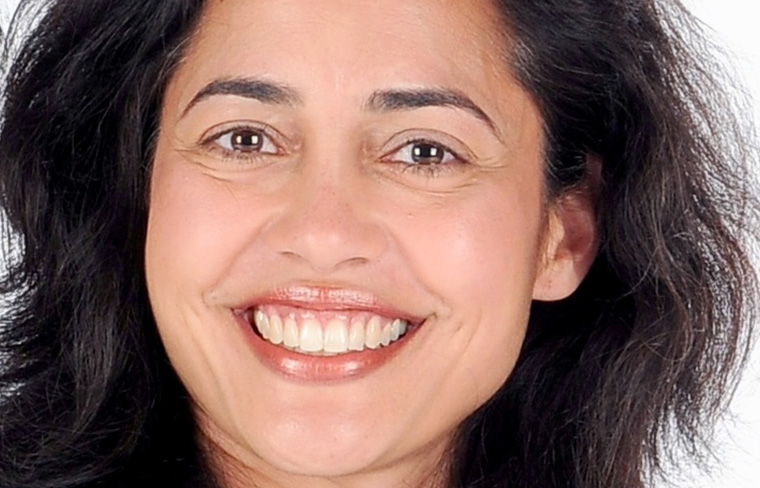
The top liver abstracts submitted to DDW® will be presented during two plenaries on Sunday and Monday.
“We will hear the very latest in basic science to the very latest clinical information. The unifying theme is that these 12 abstracts are the best-of-the-best liver research you will see at DDW,” said AASLD Secretary Meena B. Bansal, MD, FAASLD, associate professor of medicine and vice president of population health in quality and efficiency, Icahn School of Medicine at Mount Sinai, New York, NY.
Sunday’s Liver Plenary I will feature six abstracts on a range of topics, including fecal microbiota transplant (FMT). FMT has long been used in gastroenterology, but Sunday’s abstract is one of the first at DDW to address the safety and efficacy in patients with recurrent hepatic encephalopathy.
During another abstract presentation, a new algorithm will be presented that can accurately predict the percentage of steatosis in donor livers using frozen biopsy sections. Another study suggests that telehealth can expedite listing and reduce mortality in patients referred for liver transplantation.
Monday’s Liver Plenary II will feature six more abstracts. The session will open with a study looking at a disturbing trend: patients with chronic lifestyle-related diseases — alcoholic liver disease, including acute on chronic liver failure — presenting at younger and younger ages. Another study examines the association between aspirin use and the risk for hepatocellular carcinoma in patients with chronic viral hepatitis.
“While parallel sessions focus on specific topics, plenary presentations are always the best of the best across a wider array of topics in one session,” Dr. Bansal said. “If you want to hear the highest rated, highest impact research that was submitted to DDW from AASLD, these two plenary sessions are where you want to be on Sunday and Monday mornings.”
Please refer to the DDW Mobile App or the Program & Exhibits section in the Sunday and Monday issues for the times and locations of these and other DDW events.


